Discover Marketplace Morning Report
Marketplace Morning Report

Marketplace Morning Report
Author: Marketplace
Subscribed: 8,655Played: 1,023,141Subscribe
Share
© Copyright 2026 Minnesota Public Radio
Description
In less than 10 minutes, we'll get you up to speed on all the news you missed overnight. Throughout the morning, Marketplace's David Brancaccio will bring you the latest business and economic stories you need to know to start your day.
756 Episodes
Reverse
Mortgage rates dipped below 6% last week. Now, they're back up. Sudden conflict and uncertainty almost always cause volatility in the mortgage market. This time, fears of inflation and higher oil prices are to blame. Also, a look at how the U.S. might protect and insure vessels traveling through the Persian Gulf, and how the Republican tax and spending law signed last summer might help big corporations like Amazon, Meta, and Tesla avoid paying taxes.
When the world gets scary, investors are usually very hungry for bonds because they're safer bets than the stock market. But with the war in Iran, bond yields are going up, yet investors aren't as hungry for them. The reason? Inflation. And later in the program, the Environmental Protection Agency scrapped its “endangerment finding.” We'll discuss what that means for the auto industry and emissions standards.
The war with Iran continues to disrupt oil production and shipping channels in the Middle East. Today, we're unpacking the ripple effects of the conflict, including concerns about inflation, airline disruptions, and increased prices at the pump. Then, the owner of a Virginia tea shop reflects on the impact of Trump's new blanket tariff, and the tariff on imported goods under $800 is still in effect following the recent Supreme Court ruling.
Oil prices are jumping around this morning, but you can bet they're up — around 6-7%. Gold, a safehaven for investors, is up about 2%. "We're in a world where markets and investors are increasingly uncertain about where their money is safe," said Julia Coronado of MarcoPolicy Perspectives in a discussion of today’s market movements. Also: why we pay such close attention to the monthly jobs report and how sites like Moltbook can disrupt the AI industry.
The U.S. and Israel's war with Iran means a disruption of global oil markets. Iran has closed navigation through the Strait of Hormuz, leaving hundreds of ships sitting idle. While a slowdown of production and exports could hit China particularly hard, this conflict could also impact what U.S. consumers pay at the pump. This morning, we'll learn more, and then we'll hear how air carriers are being affected by the attack.
MFS, a big lender based in London, has been making risky loans and is in the British equivalent of bankruptcy. Now, investors are buying up U.S. government bonds, and lenders are pulling back from the riskiest parts of the private credit markets. Is there a bigger pattern here? We'll discuss. Then, Anthropic is rejecting the Pentagon’s demands for unrestricted use of its technology, and we'll hear how business is going for a Main lobster fisherman.
Paramount Skydance appears to have won the bidding war for Warner Bros. Discovery. Paramount raised its offer, and rival Netflix refused to match it, saying the deal is “no longer financially attractive.” The merger still has to be approved by federal regulators. We'll learn more, then dig into the current state of streaming services. And later in the program, roughly half of high schoolers planning to go to college are using AI tools in their search.
From the BBC World Service: First up, British manufacturer Dyson settles a lawsuit filed against it by 24 migrant workers, and the Premier League says it's launching its own streaming service. And while David Brancaccio and the team will continue to share the economic news you need each weekday morning, today marks the final edition of the "Marketplace Morning Report" produced by the BBC World Service. Host Leanna Byrne reminisces about some of the show’s biggest global news stories from over the years.
Now that the Winter Olympics have wrapped up, the Milan Cortina Paralympic Games kick off on March 6. Dozens of athletes will represent Team USA in sled hockey, skiing, wheelchair curling, and snowboarding. But getting to the Olympics or Paralympics is expensive and costs competitors an average of $12,000 a year. For winter athletes in particular, the costs can be even higher. But first: why the FDA is looking to put the brakes on compounded GLP-1s.
The AI company Anthropic is loosening some of its core safety principles. Anthropic unveiled a new policy on safeguards earlier this week, moving from self-imposed guardrails to non-binding goals for AI safety. At the same time, the company is facing pressure from the Pentagon to roll back limitations on how Anthropic’s Claude AI models are used. We hear more. Also: a conversation about age-verification rules on social media and privacy concerns.
From the BBC World Service: The United States says it will allow some small Venezuelan oil shipments to reach Cuba, providing a lifeline to the Caribbean island. Cuba's electricity grid runs on foreign oil, and without it, the lights simply don't stay on. Then, we'll head to one small town in the north of England, where a collection of 13 charity thrift shops on its Main Street is attracting visitors from far and wide.
First up, AI has driven a market moodiness as of late. Broader anxieties have sparked sell-offs, while bullish tech optimism has also boosted stock indexes. What gives? Then, companies are expected to spend a whopping $50 billion a month on AI data center construction over the next few years. Those firms are issuing investment-grade corporate bonds to pay for it all. This morning, we'll dig into what that could mean for interest rates.
Last night, President Donald Trump strongly defended his tariffs in his State of the Union address. He made the case for future tariffs, despite the Supreme Court decision last week striking down the centerpiece of his tariff policy. Trump also expressed hope that import taxes will someday replace income taxes. Plus, Nvidia is looking to get back into the consumer market, and mortgage rates dipped below 6% this week.
From the BBC World Service: German Chancellor Friedrich Merz says there is a great opportunity to develop ties with China following a meeting with its leader, Xi Jinping. Before the trip, Merz said there needs to be a fair competition and jointly agreed-upon rules between the two countries. Also, starting today, almost all visitors to the United Kingdom will need to apply for an electronic travel authorization that costs around $21 before entering the country.
A new working paper from the National Bureau of Economic Research spotlights how immigrants may be shaping the health and mortality rates of older Americans. Researchers found that a roughly 25% increase in immigration to the United States could prevent nearly 5,000 deaths among seniors 65 and over. Today, we'll unpack the findings. But first, an ominous tale of AI destruction captured the imagination of the public — and stock market traders.
Wall Street is looking to recover after yesterday's big stock market drop. Part of it was due to tariff uncertainty, but part of it was also due to a thinkpiece that painted a nightmare scenario in which AI displaced white-collar jobs throughout the economy — in areas far beyond the software, technology, and financial firms that have recently faced a selloff. Also: Depop's new owner and a look at who gets left behind by new Trump Accounts.
From the BBC World Service: Exactly four years ago, Russia launched its full-scale invasion of Ukraine. Hundreds of thousands of troops have been killed, and the financial cost has also been massive for both countries. This morning, we'll learn more. Then, the U.S. has imposed a new flat-rate tariff of 10% on global imports. And, China has imposed restrictions on dual-use exports to 20 major Japanese companies, accusing them of boosting a military build-up in Japan.
Following Friday’s Supreme Court decision striking down a number of President Trump’s tariffs, the administration is moving to impose a global 15% tariff, with some exceptions for countries like Canada and Mexico. The tariffs, which are being levied temporarily under a statutory authority known as Section 122, will bring the average effective tariff rate to 13.7%, according to the Yale Budget Lab. Also on the program: Spain’s new plan to bolster its workforce by granting legal status to migrants living in the country illegally.
On Friday, the Supreme Court struck down President Trump’s sweeping “retaliatory” tariffs, ruling that he doesn’t have the authority to impose them under the International Emergency Economic Powers Act. Many of the administration’s tariffs, however, remain intact, and President Trump has announced a new 15% global tariff following the decision. We discuss what that means companies, consumers, and the U.S.’s global trading partners. Plus, new analysis from the Cato Institute finds that the presence of immigrants helps to ease the federal budget deficit.
From the BBC World Service: Governments around the world are scrambling to react to President Trump’s decision to impose a sweeping 15% tariff on all imports to the United States. It follows Friday’s Supreme Court judgment that ruled the President had exceeded his authority when he imposed tariffs using a law reserved for national emergencies. And we’ll visit Spain, where the government recently announced plans to legalize around half a million undocumented migrants in a move designed to boost the country’s workforce in economic sectors that have struggled to recruit. Spain’s economy has been outstripping its European Union partners and the government wants to keep momentum going.



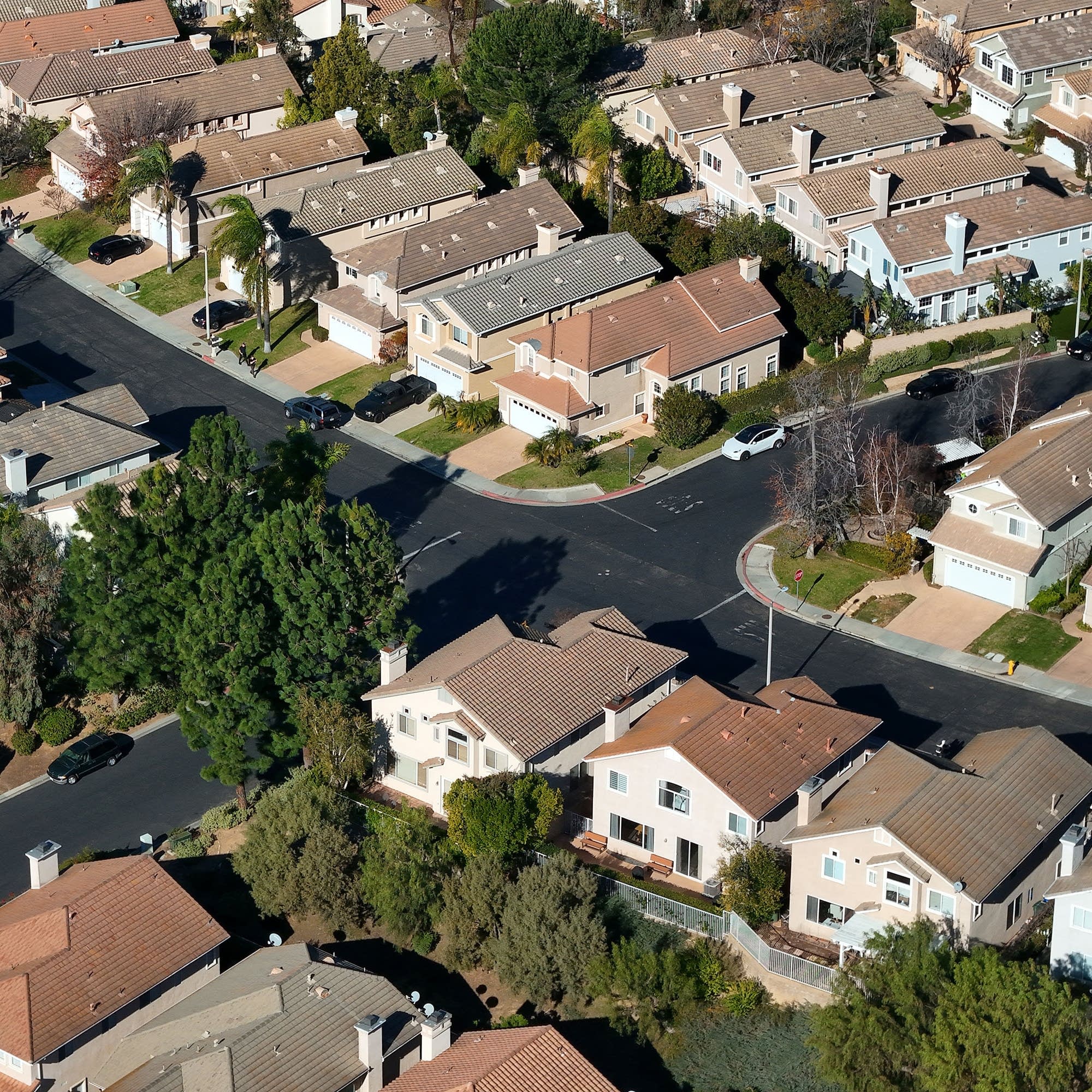



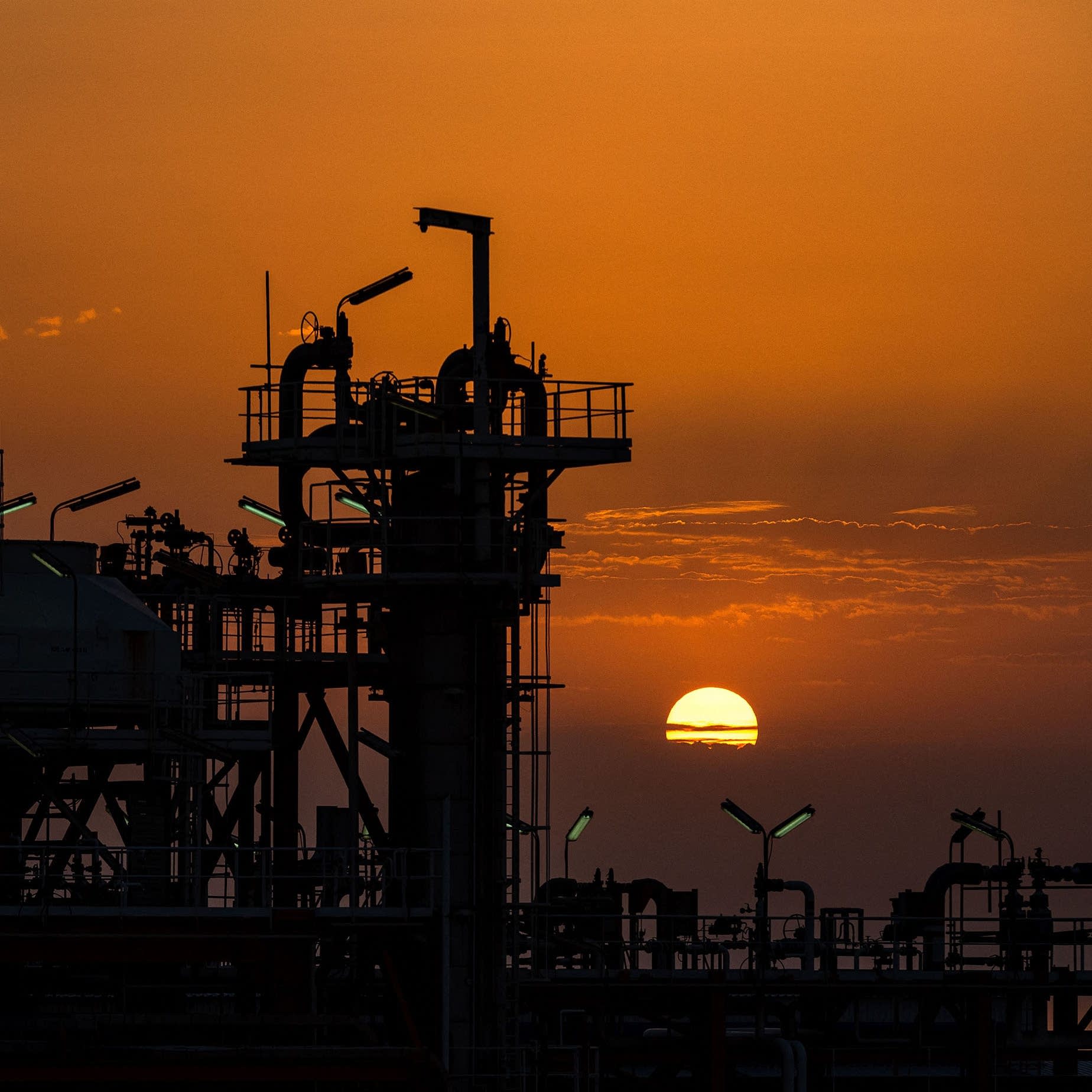










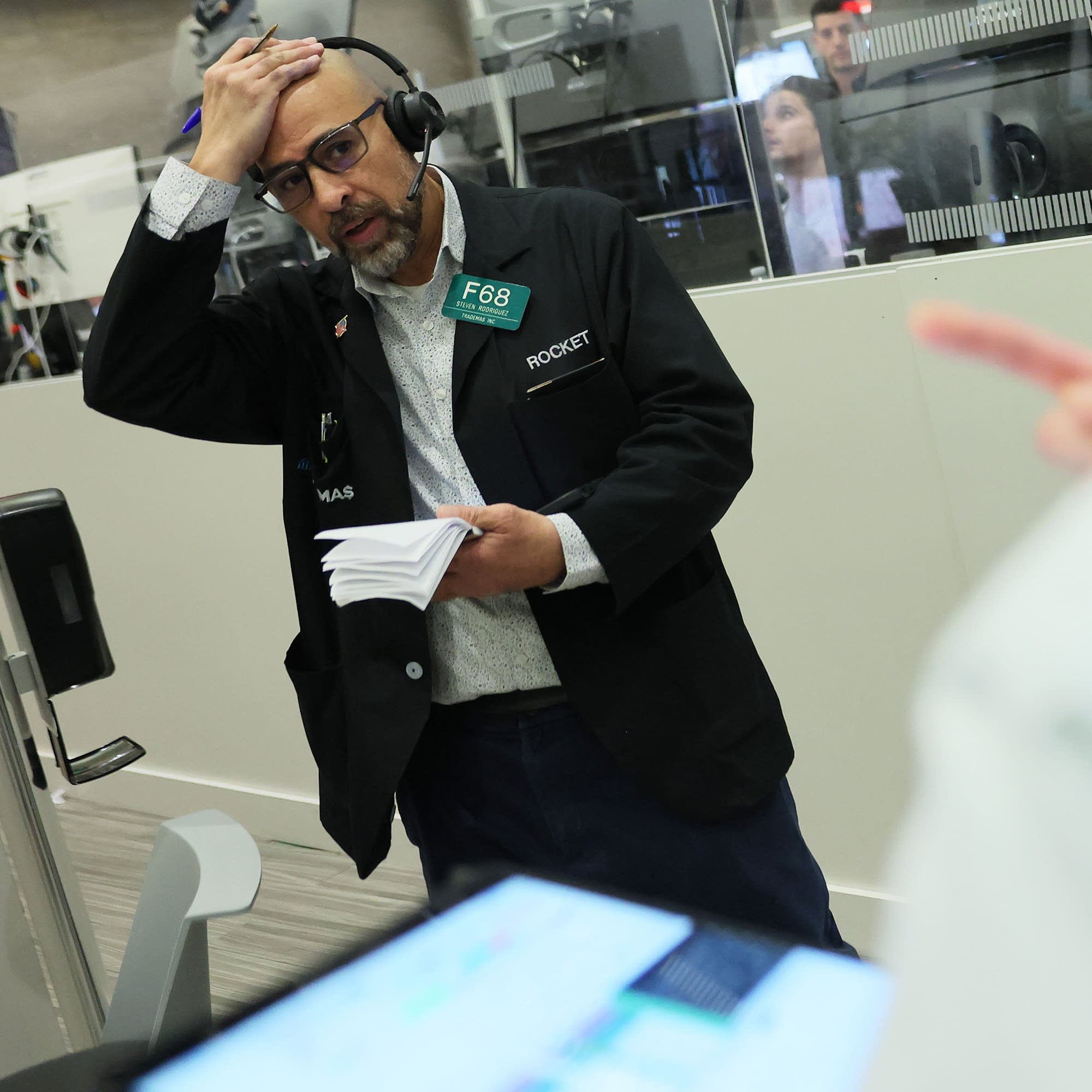


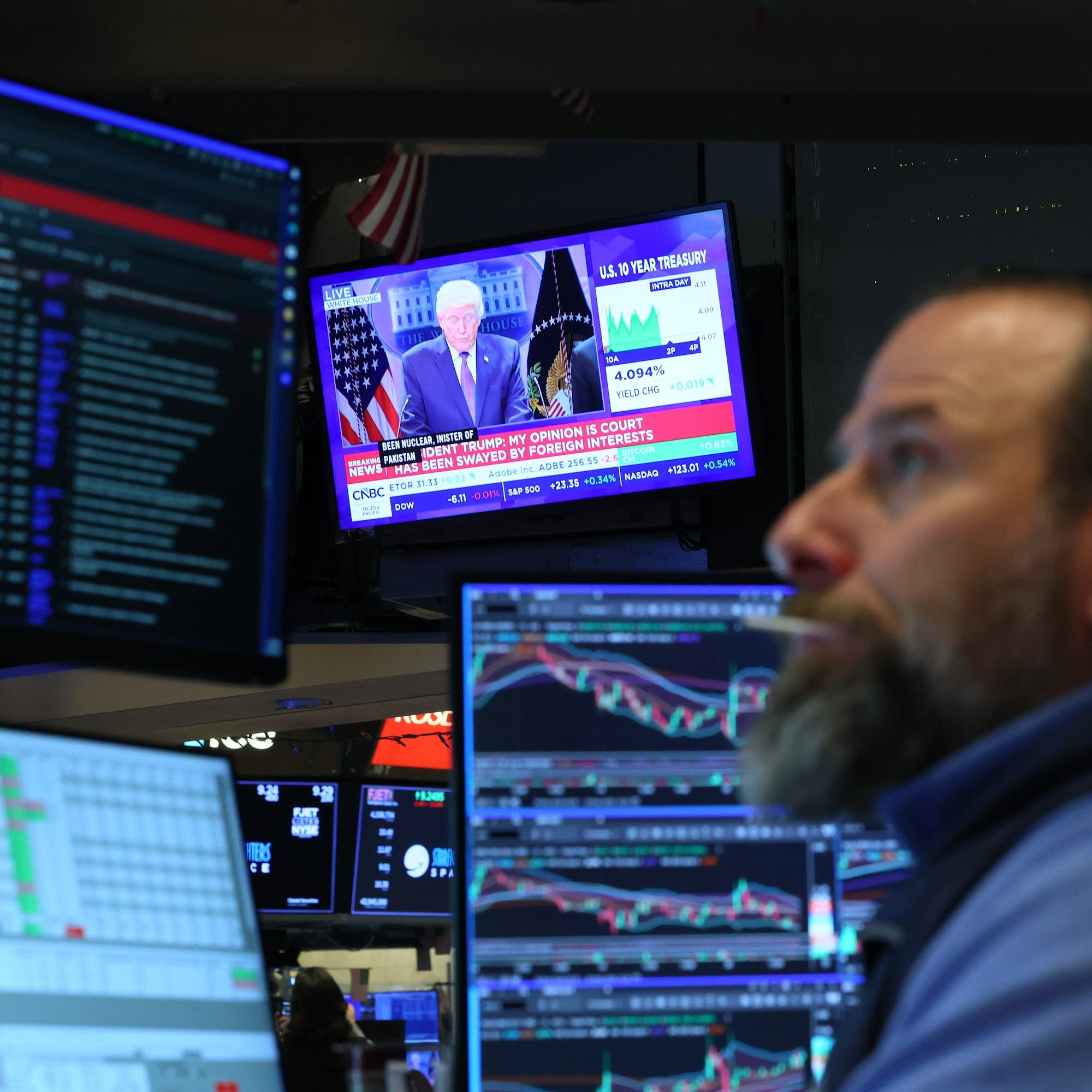
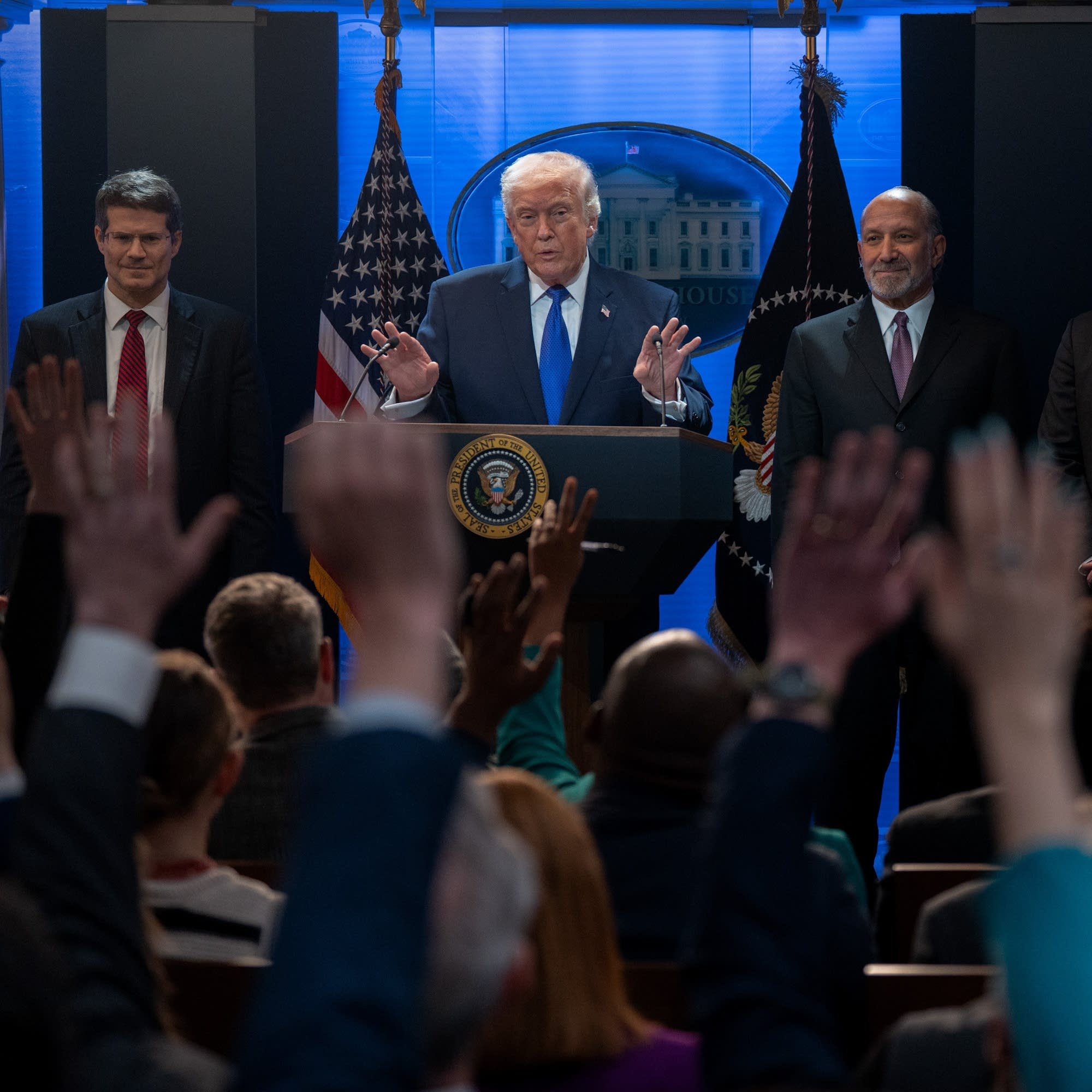



4:30 The House won't take this up since Speaker Johnson pushed through something earlier this year that prohibits the house from taking up the discussion for 2 years from when it was passed. The entire possibility for the House's oversight was taken away by themselves (ie Trump\MAGA).It's not just that they won't take it up, they can't because they aren't holding session and even if they were they're explicitly prohibited from it.
With rising concerns over student loan defaults, understanding how loan repayments work is more important than ever. Maksuerän through https://euribor12k.fi/ offers tools to calculate monthly payments and manage Euribor-linked loans effectively, helping borrowers plan ahead and avoid defaults. This resource provides clarity on interest rates and repayment schedules, which can be crucial for anyone navigating debt responsibly.
Tariffs will make business move into USA and this will make us less dependent on countries that could disrupt our imports of building materials , food, and medicine, as what happened to Britain in WWII. We supported Britain, but who would support us?
Get Fauci away from those chickens !!
Elite did a Maui on Pacific Palisades.
lack of imported labor raises labor costs, read opening the border and cheap labor pours in, the lower end workers make less money. How does that help the poor? Cesar Chavez was against the inflow border crossing cheap labor because it lowers the incomes of all but the corporations. Ask your Democrat politician why Biden hates labor. While you are at it, ask Nancy Polosi why she too hates having to pay the higher amount for local labor and insists on open labor borders.
💚WATCH>>ᗪOᗯᑎᒪOᗩᗪ>>LINK>👉https://co.fastmovies.org
We don't need a Gavin Newsom to crash the United States of America like he is crashing California.
Have all the women kill simutaneously all the Talban men. Then go to university.
Being a Democrat is self harm.
Just have the most successful money launderer help with the cover-up, call Biden.
Although baccarat appears to be a fairly straightforward, simple game that is completely dependent on chance, it has remained very popular for many years. The most difficult part of the game is counting points when the winner is determined, but in offline casinos this is done by the dealer, and on online platforms everything happens automatically. You can find more useful information on this topic here https://xn--12cfvb5etcxfbb7a3itdjh.com/
Humanitarian aid to Gaza so they can repeat?
If I spent , borrowed, then dumped that borrowed money into the market, as much as the Federal government does, the inflation would grow exponentially. The key is that the inflation is based on the difference between taxes income and money spent. If government borrowing covers the over spending each borrowed dollar lowers the value of each dollar already in the market, since the tax income doesn't change. Ergo inflation. Consumer spending increases the market value by the exchanging of dollars.
Why not improve public schools rather than drag Private Schools down.
Using Biden style overseeing. See no Evil, Hear no Evil, Say nothing about the Evil, such as Biden's control over the FBI and the CIA. Nancy Pelosi must be proud of the use of child labour as she promoted border crossing of all the children to do various kinds of work. Can you list all the things children can do? I knew you could. Such a good neighbor.
Nothing like semi- slavery to save on labor costs. Elites develope vaccines to have low wage autistic laborers for duties that would have cost more for non-autistic labor. You missed a table.
Take the money and run, sounds like a Leftist. I didn't know Biden was an artist.
Hitler thought a war and Holocaust was worth getting art.
Downtowns anywhere in California are exposed to the security that is not provided by the Democrat political powers in California and the fear of Downtown attacks prevents wise businesses from operating in downtown areas.